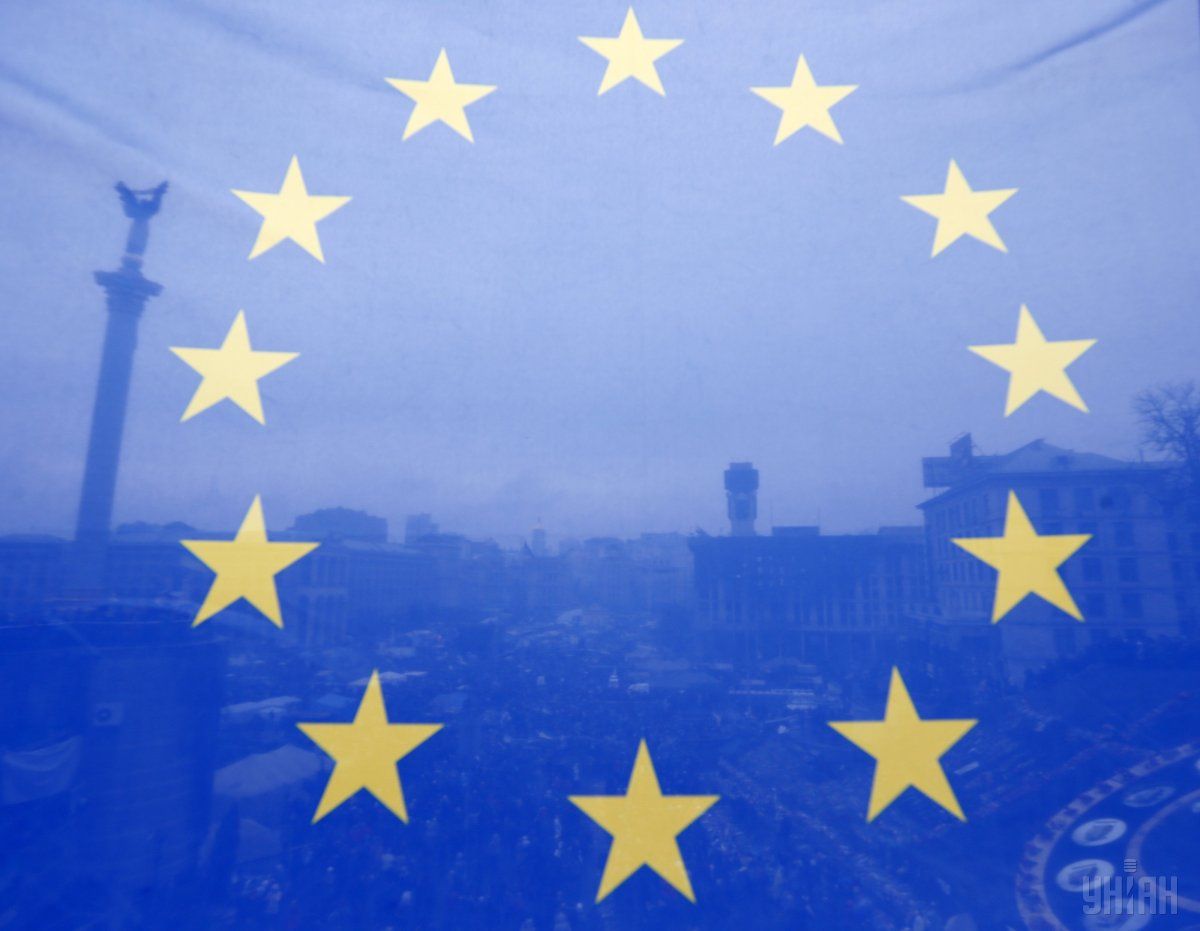
Ukrainian interest. European confidence, Pinchuk’s interpretation, and showdown overseas
New Year’s festivities were no obstacle for senior officials of Ukraine and the EU to exchange opinions on prospects of development of bilateral relations. Ahead of Donald Trump’s inauguration, his opponents have been highly active in the media, which affects the actions of the future president and his team.
Mistrust over the EU failure to grant Ukraine a visa-free regime in 2016 is still echoing today. Deputy Foreign Minister Olena Zerkal believes that the European Union is dragging with its decisions aimed at rapprochement with Ukraine. According to her, visa liberalization will be granted before the presidential elections in France, but the mechanism will become effective after they are held, probably in the summer. Vice Prime Minister Ivanka Klympush-Tsyntsadze did not dare to name the exact deadline for visa lib, logically explaining her position with the fact that various dates had already been voiced repeatedly, but decision was never adopted. Head of the EU Delegation to Ukraine Hugues Mingarelli expressed confidence that Ukraine would get visa liberalization with the European Union, also avoiding naming any dates.
There is nothing strange in this situation. On the one hand, Ukraine is in the focus of foreign producers as a significant market. Besides, it is also the owner of continent’s largest array of agricultural land. On the other, Europe is not inclined to raise a potential competitor, while the situation within the EU is not conducive to any integration processes. The conflict in Donbas provides an opportunity for European politicians to maneuver, juggling their own promises. In turn, the Ukrainian elites prefer not to publicly display a single rush toward European integration.
Viktor Pinchuk sensed the attitudes perfectly, attempting on Friday 13 to interpret his position earlier voiced in a WSJ column to Ukrainians. The oligarch is trying to explain that there is nothing wrong with his proposals of "painful compromises" with Russia for the sake of reaching peace in Donbas, blaming “translation issues”. The question remains open, why such proposals were initially voiced targeting the Western audience, as well as the reasons for the low efficiency of the Yalta European Strategy (YES), which has failed to establish a Ukrainian mainstream line in the West. Stating systemic crisis of the EU and a virtually zero probability of Ukraine becoming a NATO member in the near future, "the engineer" says nothing about the actual steps Russia should take to establish peace in Donbas. It might be due to his modesty.
Meanwhile, the United States is seeing increased excitement around the future inauguration of Donald Trump. Future 45th president of the United States on the eve of his press conference was accused of cooperating with Russia in order to secure his election. So far, these charges have not yet been verified and do not give reason to believe with absolute certainty that the Republican nominee is on the Kremlin’s hook. On the other hand, Trump campaign’s logic suggests that after his victory, he will have to go through some hard times as too many influential members of the American society and media are dissatisfied with his triumph.
Contender for the post of Secretary of State Rex Tillerson during a Senate hearing not only recognized the Russian threat, but also made it clear that he would have acted more decisively in the place of the Obama administration in February-March 2014. The Republicans have consistently advocated for the provision of assistance to Ukraine, but is unlikely to rely on emergency supplies of lethal defensive weapons. Tillerson supports the idea of maintaining Russia sanctions (which Barack Obama has extended until 2018) but he does not completely reject the possibility of a broad agreement on Crimea, which should satisfy Ukraine. It seems that at least in its first 100 days, Trump administration will not take drastic steps in its foreign policy. Meanwhile, the U.S. is deploying its brigade in Central Europe, the presence of which should cool down the Kremlin hawks.

